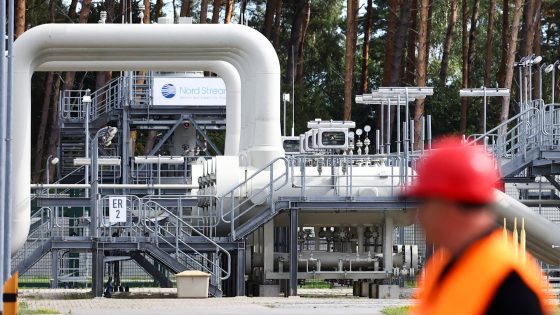Four British men made headlines with their record-setting ascent of Mount Everest, marking a significant milestone in mountaineering. Their innovative approach, utilizing xenon gas, allowed them to summit in just four days and 18 hours, a feat accomplished on 2025-05-21 20:26:00.
- British men summit Everest in record time.
- Used xenon gas for acclimatization.
- Controversy over acclimatization practices.
- Nepal lacks specific acclimatization rules.
- Expedition organizer defends shorter climbs.
- Environmental benefits of quicker expeditions.
This groundbreaking method bypassed the traditional acclimatization process, raising questions about the future of high-altitude climbing. While their achievement is remarkable, it has sparked debate within the mountaineering community regarding safety and environmental impact.
The controversy surrounding this ascent underscores the importance of acclimatization in mountaineering. Critics argue that bypassing this essential process could endanger climbers and compromise safety standards. Key points include:
- Innovative techniques may challenge traditional climbing methods.
- Environmental concerns arise from shorter expeditions.
- Regulatory bodies may need to revisit guidelines for climbers.
As climbing technology advances, will we see more climbers pushing the boundaries of what is possible? The future of high-altitude expeditions may depend on balancing innovation with safety and sustainability.
































